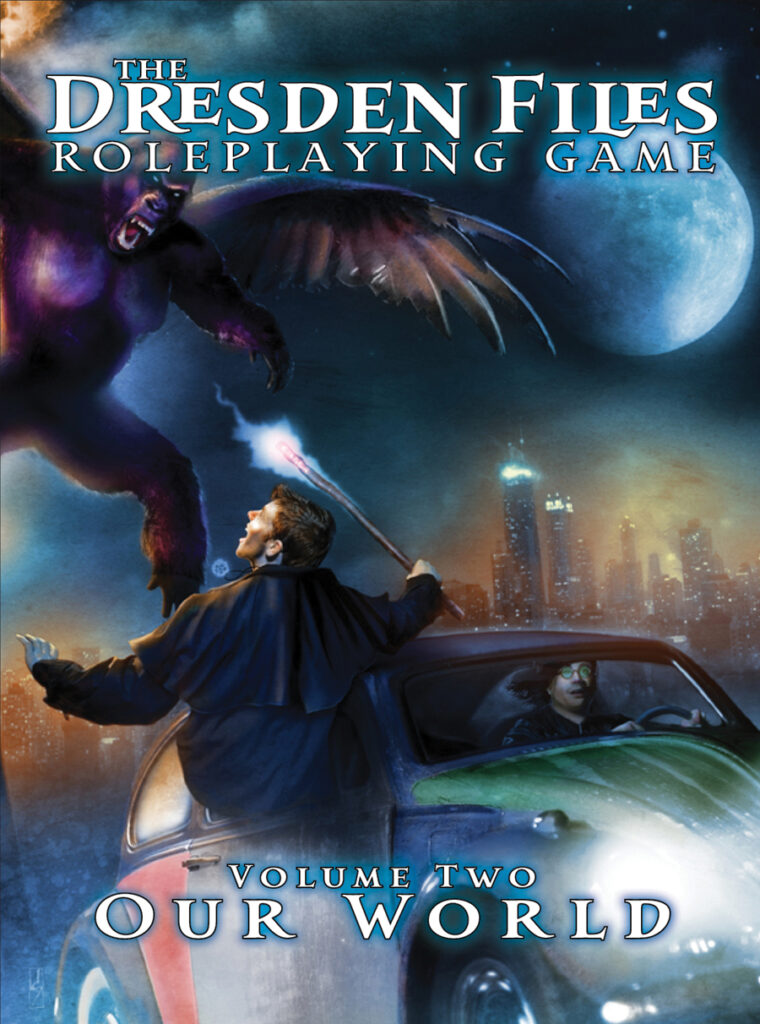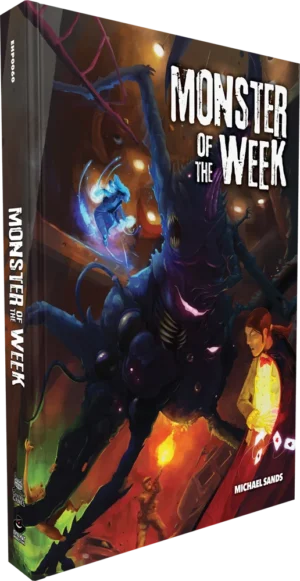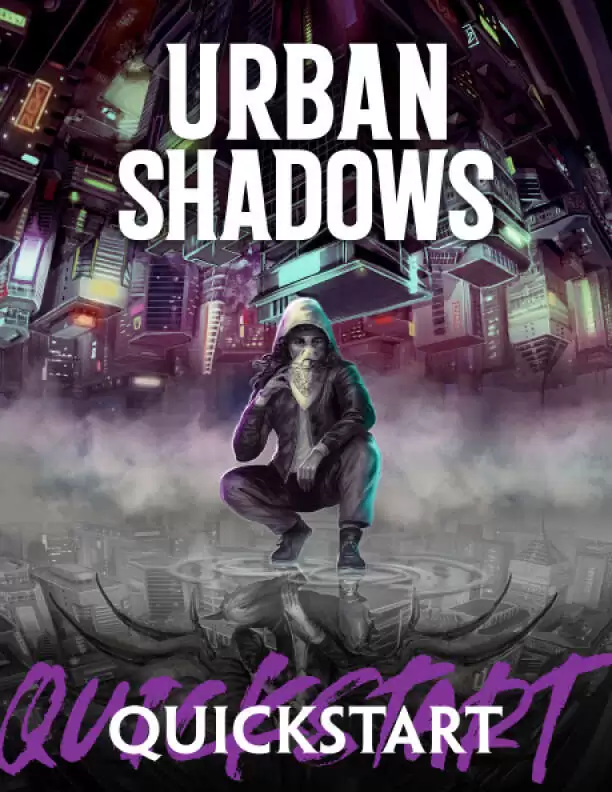The Dresden Files RPG Urban Fantasy; Supernatural; Dark; Narrative-Driven; Character Customization; Investigation; Collaborative Worldbuilding
The Dresden Files RPG, based on Jim Butcher's popular urban fantasy series, offers players the chance to step into a world of magic, mystery, and supernatural intrigue. This report provides an overview of the game's theme and setting, core mechanics, unique elements, and target audience, drawing from various online resources to present a comprehensive picture.
Theme and Setting
The Dresden Files RPG plunges players into a modern-day urban fantasy setting heavily inspired by the novels. The game captures the essence of Jim Butcher's world, where magic is real but hidden, and supernatural creatures walk among us. Chicago, while not explicitly the only city for play, is the implied default, replete with vampires, werewolves, faeries, and other supernatural entities, coexisting with mundane human factions like the Chicago mob.
The setting blends elements of mystery, investigation, and action, mirroring Harry Dresden's work as a wizard private investigator. Players can expect to delve into occult mysteries, confront supernatural threats, and navigate the complex political landscape of the magical underworld. The game captures the tone where a character might wield powerful magic and carry a .44 magnum.
Core Mechanics and Rules
The Dresden Files RPG utilizes the FATE (Fantastic Adventures in Tabletop Entertainment) system, a narrative-focused system emphasizing storytelling and character development over rigid rules. Rather than strict attributes, characters have Aspectsâfreeform traits describing personality, skills, and background. These aspects can be invoked for bonuses or compelled for complications, driving the narrative forward.
The magic system is divided into Evocation (quick, immediate spells) and Thaumaturgy (planned rituals). Spellcasting is freeform, allowing creative players to shape their magic. Character creation emphasizes shared history and relationships, with players collaboratively developing backstories that tie their characters together.
What Makes It Unique
Several elements distinguish The Dresden Files RPG from other tabletop games.
- Narrative Focus: The FATE system prioritizes collaborative storytelling and character-driven plots.
- Aspects: Aspects encourage players to engage deeply with their characters and the world around them, adding layers of complexity and consequence.
- Shared History: The character creation process fosters immediate connections between player characters, streamlining campaign setup.
- In-Universe Presentation: The original core books were designed as an in-universe artifact, a game being drafted by a character within the Dresden Files universe. The books feature annotations from series characters, providing both rules explanations and witty banter. This meta-narrative approach adds charm and depth to the gaming experience.
Target Audience and Player Experience
The Dresden Files RPG appeals to fans of the book series and players who enjoy narrative-driven roleplaying games. The game is well-suited for groups who appreciate collaborative storytelling and character development over complex rules. It provides a framework for creating thrilling mysteries, engaging in supernatural conflicts, and exploring the rich and detailed world of the Dresden Files.
While familiarity with the source material can enhance the experience, it isn't strictly necessary. The game provides enough setting information for new players to jump in and create their own stories within the Dresdenverse. The game's focus on character relationships makes it accessible to both seasoned roleplayers and newcomers alike.



